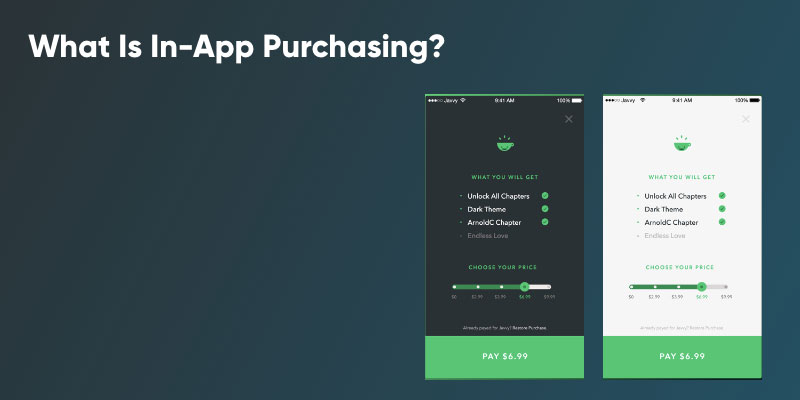Introduction
What is Extended Trading? Regular investors now have access to extended trading hours thanks to Electronic Communication Networks (ECNs), which enable them to conduct transactions outside of regular exchange hours. Extended trading hours are a solid predictor of where the market is likely to move next because they provide traders with the ability to respond quickly to market-moving news and events after the market closes. Most brokers require traders to enter limit day orders during prolonged trading sessions because market orders are risky when liquidity is lacking. Additionally, at the majority of brokers, extended trading is frequently restricted to Reg NMS equities. Occasionally, markets dealing in over-the-counter securities, various funds, some options, and other markets may be closed during extended trading hours.
Extended-Hours Trading Risks
Before engaging in extended trading hours, traders should be aware of various risks, even if they may offer some financial potential.

Lack of Liquidity
The ability of the market to accept and fill incoming orders and the degree of price competition between suppliers and buyers are referred to as "liquidity." Illiquid stocks cannot be bought or sold quickly with little effect on pricing. During trading hours, there is severe price competition between buyers and sellers of stocks. Extended hours trading could result in higher trading costs, more misunderstanding about current prices, or trouble executing trades. At the same time, most equities see less trading volume and price competition during these times. There might not be any active market makers on many or all stock markets. Over long hours, some stocks may not even trade at all.
Price Volatility
Investors in stocks with low trading volume could observe more significant price movements than are typical during periods of higher trading activity. Additionally, some instruments that are now used to control volatility in specific stocks or the market as a whole during longer trading hours may be restricted or unavailable.
Uncertain Prices
It's possible that some stock prices that are transacted during extended trading hours are not representative of the same stock values at the end of regular trading or the start of trading the next business day.
Unlinked Markets
During late hours, there is no single hub for trade. In light of this, it is possible that the stock price displayed on one trading system and the stock price posted on another trading system operating at the same time are not the same, especially if the extended-hours trading system is in operation. As a result, if you trade stocks after business hours, you can wind up paying more or gaining less than if you did it during regular business hours.
News Announcements
Companies occasionally disseminate news or financial information that is too sensitive to be made public during market hours. During after-hours trading, the price of these firms' stocks may change significantly due to news and other factors.
Larger Quote Spreads
Due to the decreased level of trading activity, larger spreads between the bid and ask prices for a stock or no quotes are frequent during extended trading hours. Investors may find it harder to have their orders filled or get a better price than they would have during regular trading hours.
Order Handling
A distinct set of rules than those that control order processing during regular business hours apply to extended hours trading. Investors should check with their brokerage firms to see how orders will be handled when placed during extended trading hours, including whether the company will make an effort to route each transaction at the best-advertised price. Investors could also find it challenging to access the exact aggregated quotation and transaction data for a company that is accessible during regular trading hours during extended trading.
Benefits of Extended Hours Trading
Convenience
An added level of convenience is provided by extended trading hours that aren't always present during regular business hours. Because not everyone can dedicate their whole working day to trading, the opportunity to perform trades outside of standard trading hours is a significant benefit of after-hours trading. News concerning significant occurrences, such as a company's earnings disclosure, may occasionally be made public outside of regular market hours. Traders can use the information above to trade immediately and make money instead of waiting until the next day to take a position.
Pricing Opportunities
Even though stock prices are frequently extremely volatile throughout extended trading hours, traders can still take advantage of favourable stock prices during off-peak trading hours. A trader may benefit if, for example, they act before a news event that may affect the stock in advance of the following trading day.
Ability To React To New Information
Investors may use the off-peak trading session to trade the new data as the regular trading day is close. Traders can act quickly on new information and place trades to manage their positions before the start of the next trading session.

Conclusion
The majority of nighttime transactions occur during regular and extended trading hours. This is because most news that affects the market breaks before or just after the markets open and close.




